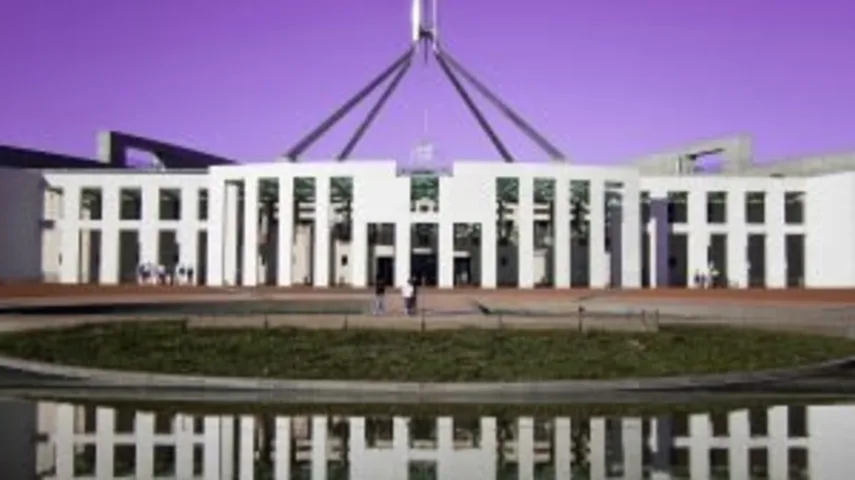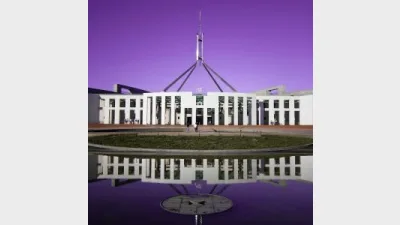ISA calls for Fair Work panel’s reconvening



Industry Super Australia (ISA) has called on the Government to immediately reconstitute the Fair Work Commission’s expert panel to shortlist the best performing super funds, rejecting a suggestion from the Productivity Commission (PC) that another agency be created to do this work.
The PC’s review into superannuation found that such an agency could provide a short-list from which young workers could select a fund when they get their first job and then keep it for life.
“Industry super funds have long supported a merit-based selection process of default funds. This is currently the role of the Fair Work Commission and is in the best interests of members. Superannuation is deferred wages and a condition of employment,” ISA chief executive, David Whiteley said.
“To dismantle the Fair Work Commission process in favour of an unproven new government agency and require young workers to choose their super fund for life is high-risk for younger members.”
The organisation said that the super-fund-for-life proposal ignored behavioural economics.
“Younger workers are most likely to be disengaged from their long-away retirement and the proposal assumes an informed choice,” Whiteley said.
He said that the job of the Government was “to ensure that workers who do not choose their own super fund have their interests protected and are defaulted into an industry super fund”, pointing to the PC’s confirmation that industry super funds and not-for-profit funds outperformed their retail counterparts.
ISA also pointed out that the PC report focussed on default funds, even though their performance was not under scrutiny.
“The Productivity Commission’s report focuses on systematic underperformance of the retail and SMSF [self-managed super fund] sector, but its policy recommendations are detached from that analysis, focusing on the default sector, which has performed best,” ISA said.
“The Productivity Commission terms of reference unfortunately prevented it from thoroughly reviewing the retail choice sector and self-managed superannuation. This is regrettable because these sectors are where the most significant underperformance lies,” Whiteley said.
Recommended for you
Australian super funds have extended their winning streak into September, as strong global equities and resilient long-term returns boost member outcomes.
The super fund has appointed long-serving technology leader Richard Exton to its executive team, underscoring the fund’s digital transformation priorities.
Valuations of the major US tech companies are becoming elevated, according to UniSuper’s chief investment officer John Pearce, but not yet at bubble territory.
The country’s largest super fund has launched a £500 million UK housing platform to expand its living sector investments and support economic growth.









